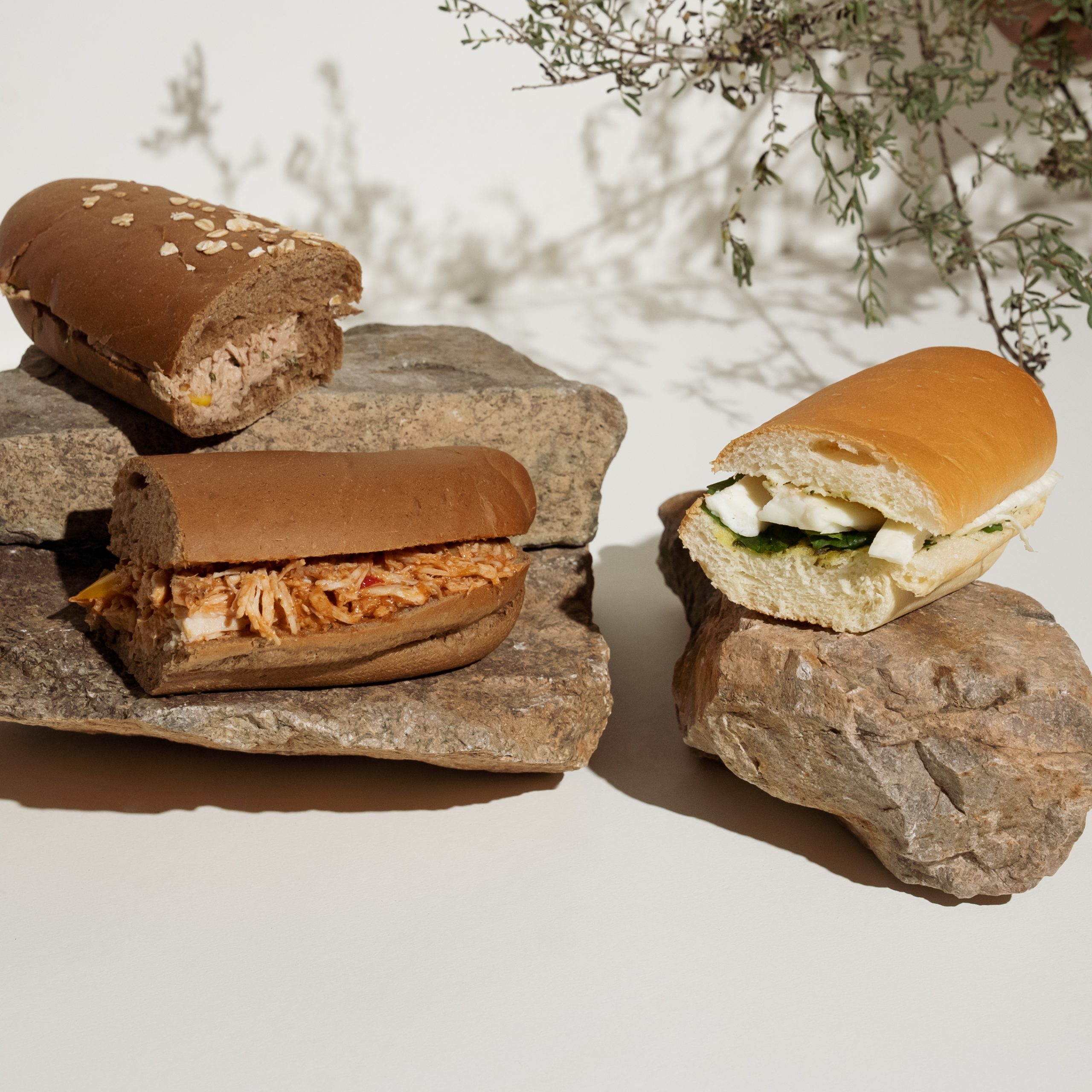Coffee History: Origin and Discovery
When was coffee discovered?
Despite all the scientific articles and research on coffee, its discovery date has not been accurately determined yet. Some claim it was discovered in the 15th century, while others believe it was in the 11th century, and some even say it was in the 9th century. However, despite their differences in identifying the period, coffee was generally discovered during the Middle Ages.
Where was coffee first discovered?
The world of coffee is vast and beautiful, and its trade is profitable, which makes countries differ about the first time coffee was discovered.
The Legend of the Goat:
It is said that there is a farmer in Ethiopia who owns a herd of goats, and he used to take care of them. One day, the goats ate from the coffee tree and became more active and lively than the rest of the herd. They followed their path and found the tree, so he tried the plant himself, and he felt more active and energetic. He took it to the men in his village, put it in water, and its color changed, and its smell became distinctive and delicious. They tasted it and liked it, and this is how coffee began and spread.
Despite the various myths surrounding the origin of coffee, its history, and its development, scientists traced the origin of the plant back to Yemen. It is believed that coffee was first discovered in Yemen in Mocha.
Coffee Origin and Spread:
Coffee began in the Arab countries and in Yemen, in the Sufi monasteries, where it helped them wake up at night for worship. The Arabs monopolized its trade, and coffee was not originally roasted, but it was roasted and exported so that it could not be grown after roasting, and the idea was monopolistic in trade.
Coffee spread during the Ottoman Empire with geographic expansion and reached Greece, Malta, Italy, Spain, Germany, Turkey, and other countries around the world, where 2 billion cups of coffee are consumed daily worldwide.
At the beginning of the spread of coffee and its transfer from Yemen to neighboring countries after people tried coffee and gathered around it, and the opening of cafes, several fatwas were issued prohibiting coffee at that time due to their ignorance of this drink, as they believed that it was one of the types of alcoholic beverages, where the name of coffee is derived from wine -qiha- means appetite suppressant in the language.
But after doctors confirmed its effectiveness, it was allowed, and coffee has evolved since then and has become one of the symbols of generosity and chivalry.
Coffee in Arab Countries:
Coffee is considered an integral part of the culture of Arab countries, and it is a common drink that symbolizes generosity and chivalry. Coffee came to Arab countries, but the types of coffee, extraction methods, and preparation methods varied. Al-Jahli coffee is famous in Kuwait, Turkish coffee in the Levant, as well as Saudi coffee, which is spread in Bahrain, the Emirates, and Saudi Arabia, and Sudanese coffee, which is rich in a unique taste and served in small cups called “Jaak,” where it is one of the symbols of Sudanese hospitality.
Coffee has spread and is grown in more than 70 countries worldwide, with different types, flavors, and diverse roasting and preparation methods, and it has become a favorite and essential drink in most cultures and civilizations.
Cafes and the Origin of Coffee:
After the spread of coffee, trade began, and cafes were opened in Arab countries, where men gather around them, play chess, and exchange small talk. The custom then expanded to all of Europe, which greatly contributed to spreading coffee and its culture and delivering it to the Americas. Each country that received coffee developed it and presented it in its own way until each culture had its own unique coffee.











